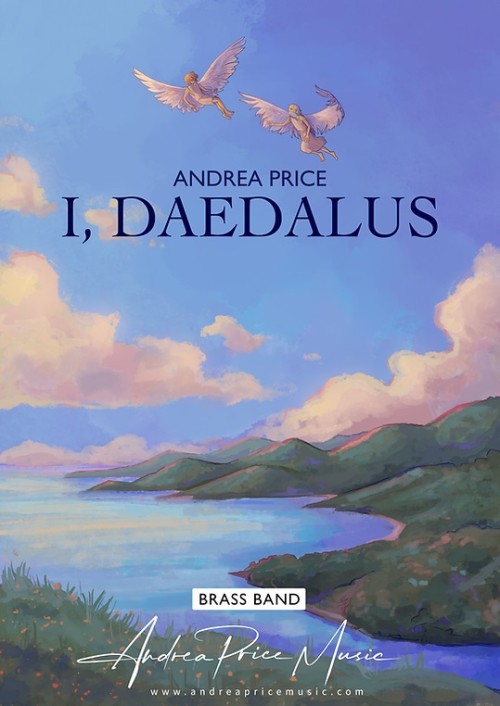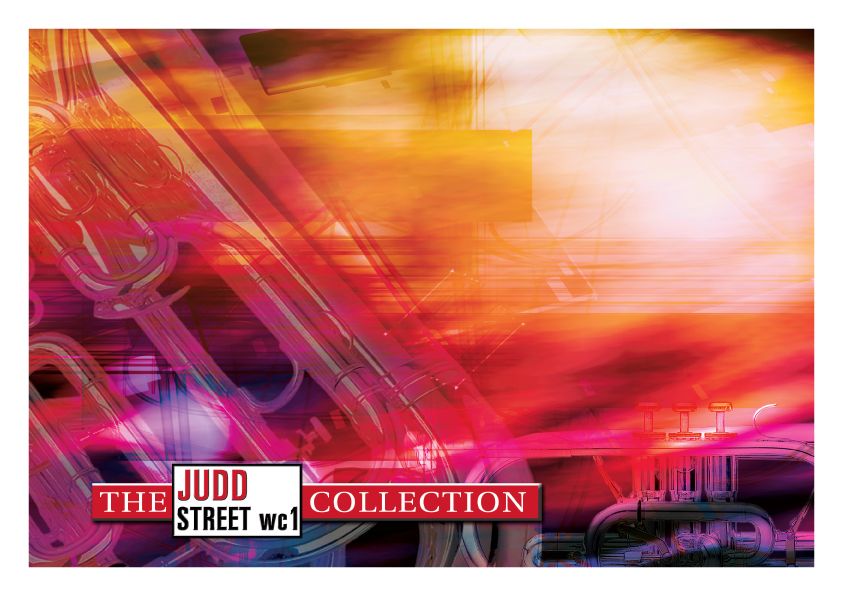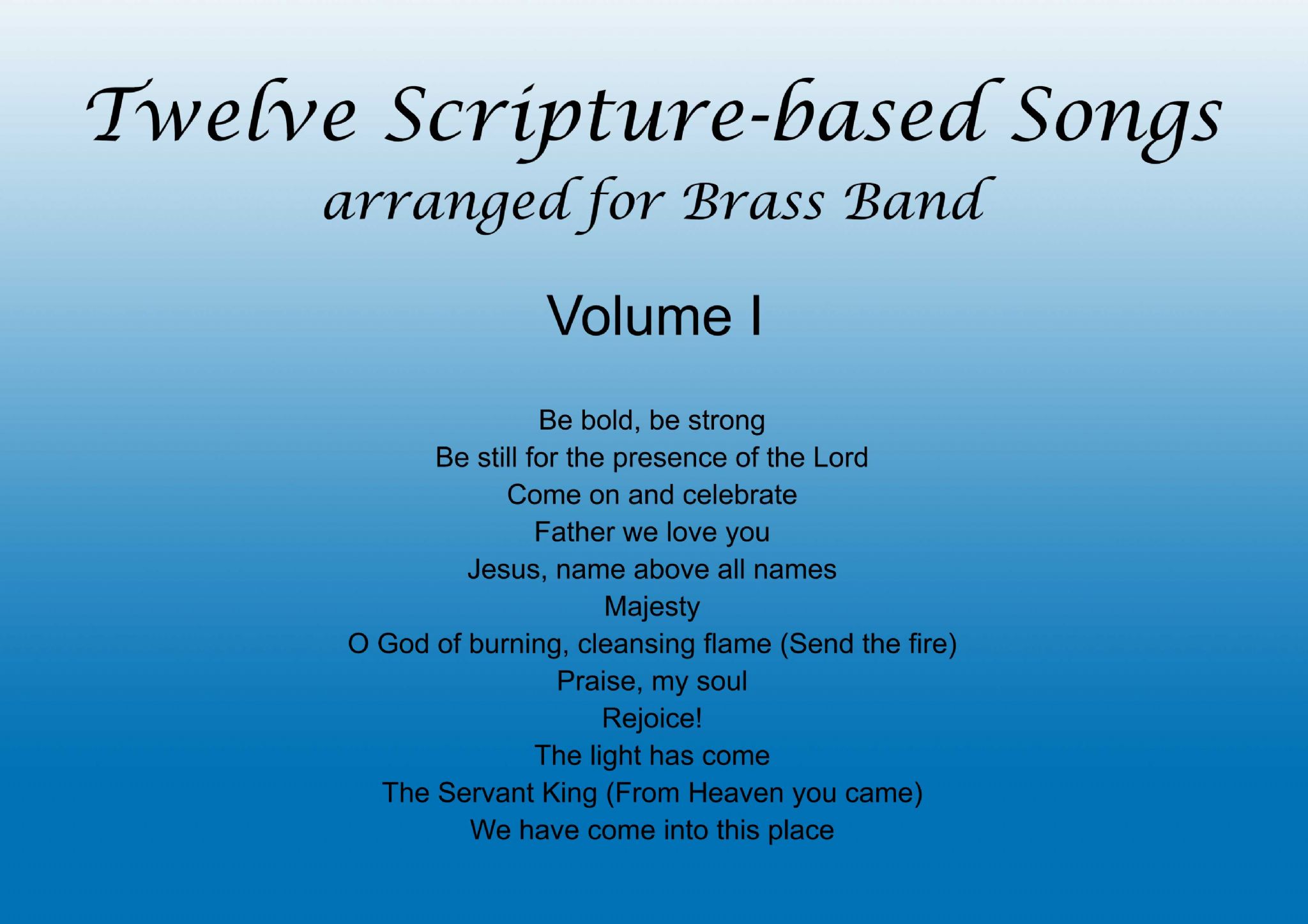Results
-
 £30.00
£30.00I, Daedalus (Brass Band - Score only) - Price, Andrea
This title is now digital download only - November 2025 Daedalus (pronounced day-da-luss) is a prominent figure in Greek mythology, renowned for his exceptional skills as an inventor, craftsman, and architect. The story of Daedalus symbolises human ingenuity, and epitomises the complex relationship between human creativity and its consequences. His myths explore themes of innovation, pride, and the perilous balance between human ambition and natural limits. After designing the labyrinth for King Minos, Daedalus and his son, Icarus, were imprisoned in a tower in Crete. Daedalus fashioned wings from feathers and wax, and father and son set out on their ill-fated escape. The music is through-composed, with a short introduction leading to five main sections:I - Inventor in the TowerII - Father and SonIII - Flight and FallIV - LamentV - Seeker of KnowledgeDuration: c. 10 minutes
Estimated dispatch 7-14 working days
-
 £69.99
£69.99That's the Way I Like 'Em (Brass Band - Score and Parts)
For many years Peter Kleine Schaars' jazz quartet provided sparkle and energy for various festivities and other occasions. If required the ensemble could alternate jazz repertoire with pop and latin music too. Their wide experience taught the musicians that an hour of unbeatable repertoire is the perfect end to every swinging party. Based on this practical knowledge Kleine Schaars has chosen his favourite pop pieces and arranged them in this animated medley entitled That's the Way (I like Them). 08:45
Estimated dispatch 7-14 working days
-
 £39.95
£39.95Judd: I Know a Fount
The theme is the chorus of a song by Oliver Cooke to which the words 'I know a fount where sins are washed away' are associated. Following an announcement of the theme (preceded by its verse) there are five variations, a fugue and a repetition of the theme.
Estimated dispatch 7-14 working days
-
 £30.00
£30.00Twelve Scripture-Based Songs Volume I
Twelve scripture-Based Songs arranged for Brass Band (Volume I) are packaged and marketed in complete sets which include a full score and a set of master parts. It is intended that these parts be used as 'masters', for the purpose of photocopying a quantity of parts to accommodate the precise instrumentation needs of the band for which this has been purchased. Be bold, be strongBe still for the presence of the LordCome on and celebrateFather we love youJesus, name above all namesMajestyO God of burning, cleansing flame (Send the fire)Praise, my soulRejoice!The light has comeThe Servant King (From Heaven you came)We have come into this place
Estimated dispatch 7-14 working days
-
£55.00
The Brigand's Orgy - Berlioz, H - Harper, P
In his memoirs the composer wrote: 'I long to go to the mountains and put myself in the service of a brigand chief. That's the life I crave: volcanoes, rocks, rich piles of plunder in mountain caves, a concert of shrieks accompanied by an orchestra of pistols and carbines, blood and wine, a bed of lava rocked by subterranean tremors: voil la vie!'Championship SectionDuration 7 minsListen to Cory BandCourtesy of World of Brass
In Stock: Estimated dispatch 1-3 working days
-
 £34.95
£34.95Hallelujah, I Love Her So - Jonathan Bates
DIFFICULTY: 2nd+. DURATION: 2'30". 'Hallelujah, I Love her So' was originally a poplar hit by American singer and songwriter Ray Charles in 1975 on album of the ame name and was arranged for the Foden's Band at the 2023 Brass in Concert Championships, held at The Glasshouse, Gateshead.
In Stock: Estimated dispatch 1-3 working days
-
£113.00
My Bass and I (Bra) - Roger Deronge
"My bass and I". It could be the title of a children's book about the close friendship between a boy and his bass tuba. And such a friendship it actually is, the friendship between Bernd van Echelpoel and his tuba.
Estimated dispatch 7-14 working days
-
 £31.00
£31.00If I Had A Heart (Main Theme from THE VIKINGS) - Brass Band
COMPOSER: Karin Dreijer AnderssonARRANGER: Tim MiddletonThis is a stirring Brass Band arrangement of "If I Had a Heart".Used as the main theme from the "Vikings" Netflix series.
In Stock: Estimated dispatch 3-5 working days
-
£60.99
I Have A Dream - Klaas van der Woude
The Swedish supergroup ABBA had great success in the seventies and eighties until they split in 1982. I Have a Dream, from the album Voulez Vous, was one of their largest hits with its fantastic warm, sentimental Italian style melody.
Estimated dispatch 5-14 working days
-
£60.99
All I Ask Of You - Andrew Lloyd Webber - Peter Kleine Schaars
Andrew Lloyd Webber was born in London, England in 1948 and has become probably the most well respected of all composers of musicals, with many of his works being household names. All I Ask of You is one of the main songs from his award winning musical Phantom of the Opera.
Estimated dispatch 5-14 working days

